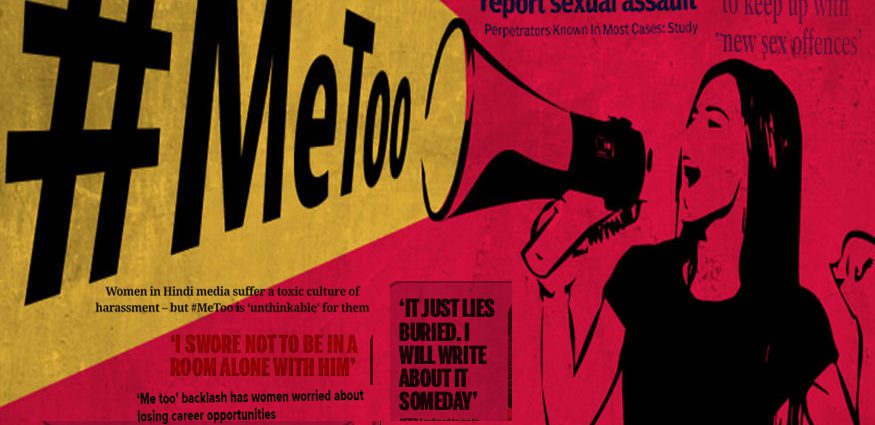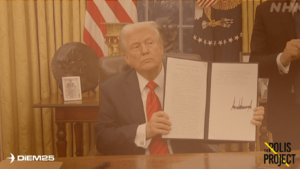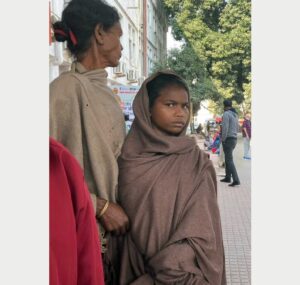

Protections against sexual harassment at workplace available to journalists on official payrolls legally extend to female stringers, too. But are the country’s news corporates willing to do more to protect freelance women journalists?
Direct rule from New Delhi had just been declared in Arunachal Pradesh, one of India’s northeastern states. It was January 2016. The recommendation had come from the Bharatiya Janata Party (BJP) government in Delhi after a power tussle broke out in the Congress-ruled state assembly. Urmi Bhattarcharjee went to cover the political crisis in Itanagar, the state capital. Bhattacharjee, at the time, was a stringer on contract with New Delhi Television (NDTV)—one of India’s major news channels—in their Guwahati bureau in neighbouring Assam and tasked with covering the country’s northeastern region. On the trip to Itanagar, she was accompanied by her cameraperson and bureau head, Sanjay Chakraborty. On 29 January 2016, they were working along with Mukul Pathak, a journalist with news channel DY 365 who was also an occasional stringer for NDTV. After a long day’s work, Bhattacharjee recalled, she retired to her hotel room at the Arun Sabansiri while…
Related Posts


Donald Trump’s Master Economic Plan I Opinion by Yanis Varoufakis




